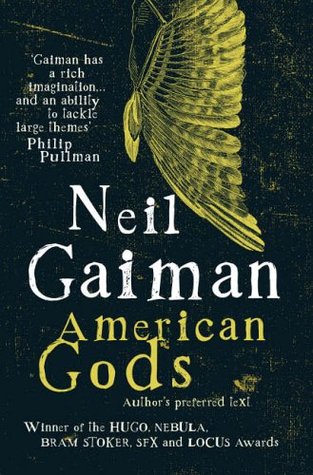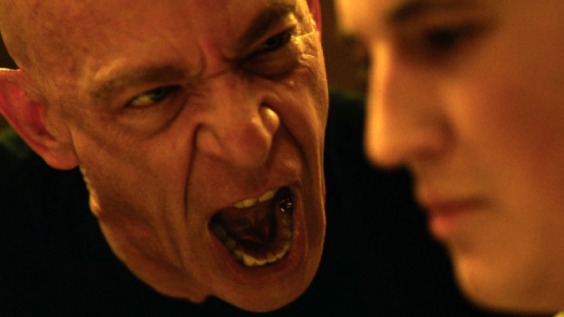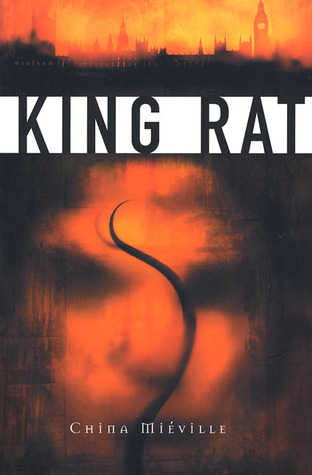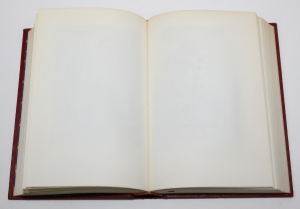You know that desert island question, the one about only having three things to bring with you until you’re rescued? I’m going with food, water, and American Gods.
Written by Neil Gaiman in 2001, American Gods is a picaresque Americana mashup of various genres and world religions. A war is brewing between old gods and new, gods of the ancient world and gods of technology. Caught in the middle of it all is Shadow, a stoic man just released from prison. Shadow soon meets the enigmatic Mr. Wednesday, and together, they explore a very different side of America.
American Gods has everything I love in a novel: vivid characters, memorable settings, an element of fantasy, humor, wit, stories within stories. Gaiman is a master of fascination; he captures our interest and never lets go. It’s the kind of book that only comes along once in a lifetime. I’m just glad it came along during mine!
The thesis of the novel, if you will, is simply brilliant. The old gods are your standard ancient pantheon of deities: Odin, Czernobog, Anansi, Anubis, Easter. The new gods, on the other hand, are those that we really do worship today, whether or not we realize it–gods of computers, cell phones, television, cars, and capitalism. The novel was written in 2001, but it’s amazing to see how relevant it remains 14 years later. In fact, I think the themes addressed in American Gods are even more relevant now than they were when the book was originally published.
American Gods contains an incredible amount of detail and subtext within its pages, much of which probably won’t be properly synthesized until after you do a little research on your own. It’s a potpourri of Norse, Egyptian, Arabic, Hebrew, and German mythology, with a dash of American folklore. Shadow meets so many gods and goddesses in his travels that you might not even notice who’s divine and who isn’t.
Of all the various settings in American Gods, the sleepy town of Lakeside is my favorite. Located up near the great lakes, it’s an insular community filled with its own cast of unique characters. There’s Hinzelmann, an old man with as many stories as he has years under his belt; Chad Mulligan, the friendly chief of police in the town; Marguerite Olsen, a cold but intelligent writer for Lakeside’s newspaper. The town itself is almost like another setting within the setting of America. But, of course, not everything in Lakeside is as it seems…
I’ve read a lot of fantasy, and one of the qualities I like best about American Gods is that it’s grounded in reality. That’s a weird thing to say about a fantasy novel, I’ll admit, but it’s true. The entire story feels completely authentic; there’s almost no need to even suspend disbelief. Gaiman presents his characters so convincingly that you can read the book and say, “Yeah, I’m willing to believe that there are gods in the world. Why not?”
American Gods is my favorite novel because it’s smart, insightful, entertaining, and eminently interesting. It’s one of those books that’s unlike any other, one that you’ll read once and compare everything else you read to it.
Do yourself a favor and buy the nearest copy.









